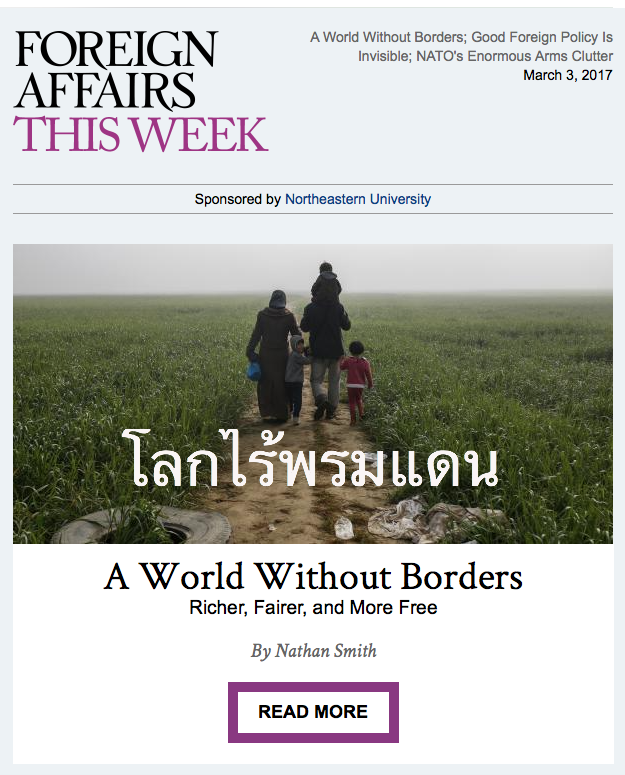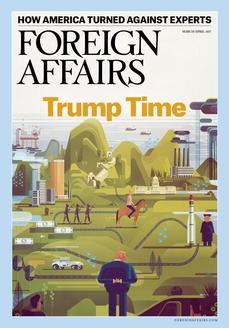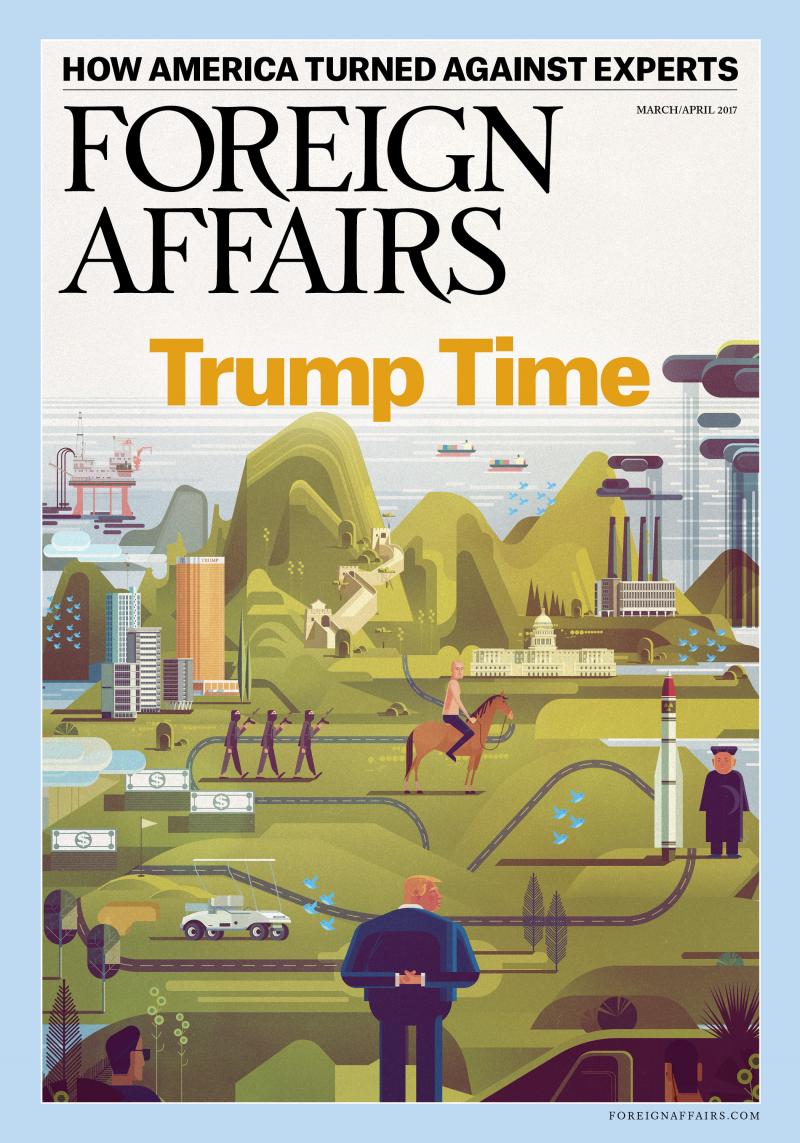|
About Foreign Affairs
Since its founding in 1922, Foreign Affairs has been the leading forum for serious discussion of American foreign policy and global affairs. It is now a multiplatform media organization with a print magazine, a website, a mobile site, various apps and social media feeds, an event business, and more. Foreign Affairs is published by the Council on Foreign Relations (CFR), a non-profit and nonpartisan membership organization dedicated to improving the understanding of U.S. foreign policy and international affairs through the free exchange of ideas. (Learn more about CFR in this short video.) The magazine’s first issue led with a statement setting out an editorial vision that has remained constant ever since: “The articles in Foreign Affairs will deal with questions of international interest today. They will cover a broad range of subjects, not only political but historical and economic, and they will be accompanied, when it is desirable, by maps and diagrams. Technical articles will be left to more special magazines. There will be numerous foreign contributors, but the fact that the interest and profit of the American reader are a first consideration will not be forgotten.” “In pursuance of its ideals Foreign Affairs will not devote itself to the support of any one cause, however worthy. Like the Council on Foreign Relations from which it has sprung it will tolerate wide differences of opinion. Its articles will not represent any consensus of beliefs. What is demanded of them is that they shall be competent and well informed, representing honest opinions seriously held and convincingly expressed. We do not expect that readers of the review will sympathize with all the sentiments they find there, for some of our writers will flatly disagree with others; but we hold that while keeping clear of mere vagaries Foreign Affairs can do more to guide American public opinion by a broad hospitality to divergent ideas than it can by identifying itself with one school. It does not accept responsibility for the views expressed in any article, signed or unsigned, which appears in its pages. What it does accept is the responsibility for giving them a chance to appear there.” |

A World Without Borders: Richer, Fairer, and More Free
โลกไร้พรมแดน: มั่งคั่งขึ้น, ยุติธรรมขึ้น, และเสรีขึ้นกว่าเดิม โดย By Nathan Smith บทความคิดท้าทายมนุษยชาติ ในยุคที่มนุษย์แบ่งเขตรัฐชาติ กีดกันคนเข้าเมือง ต่างไปจากสมัยโบราณที่มนุษย์สามารถเดินทางไปไหนๆได้โดยไร้พรมแดนรัฐขวางกั้น (ไม่มีใครต้องใช้วีซ่าในสมัยอาณาจักรสุโขทัย หรือ สมัยกรุงศรีอยุธยา) การปล่อยให้มนุษย์ข้ามพรมแดนอย่างเสรีได้อีกครั้งเหมือนสมัยโบราณ คาดว่าจะมีคนทั่วโลกต้องการอพยพย้ายถิ่นไปอยู่ดินแดนอื่นประมาณอย่างน้อย 640 ล้านคน การปล่อยให้มนุษย์อพยพโดยเสรีในสมัยใหม่นี้ จะช่วยแก้ปัญหาความยากจนในโลก ช่วยสร้างความเติบโตทางเศรษฐกิจให้กับประเทศที่รับผู้อพยพ และดินแดนเดิมที่ปล่อยพลเมืองอพยพออกไปก็จะจัดการปัญหาเศรษฐกิจของตนได้ดีขึ้น เชิญอ่าน FOREIGN AFFAIRS |

The Dignity Deficit Reclaiming Americans' Sense of Purpose
By Arthur C. Brooks He who establishes conventional wisdom owns history,” a historian once told me. So it’s no surprise that ever since last year’s extraordinary U.S. presidential election, all sides have been bitterly fighting over what happened—and why. The explanations for Donald Trump’s surprise victory have varied widely. But one factor that clearly played an important role was the alienation and disaffection of less educated white voters in rural and exurban areas. Trump may have proved to be a uniquely popular tribune for this constituency. But the anger he tapped into has been building for half a century.The roots of that anger lie all the way back in the 1960s, when President Lyndon Johnson launched his so-called War on Poverty. Only by properly understanding the mistakes made in that war—mistakes that have deprived generations of Americans of their fundamental sense of dignity—can the country’s current leaders and political parties hope to start fixing them. And only once they properly understand the problem will they be able to craft the kind of cultural and political agenda that can heal the country’s wounds. Read: Foreign Affairs |



